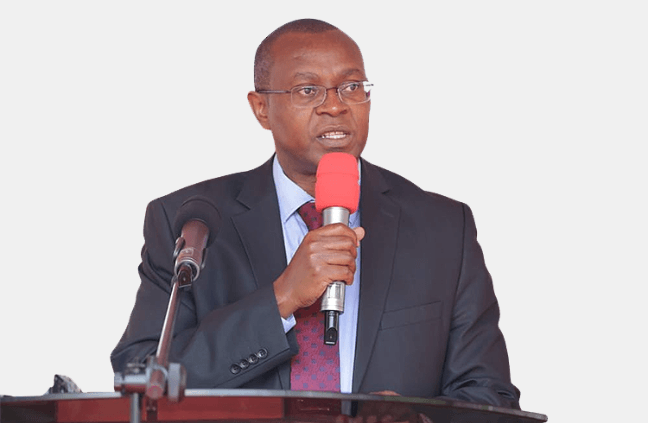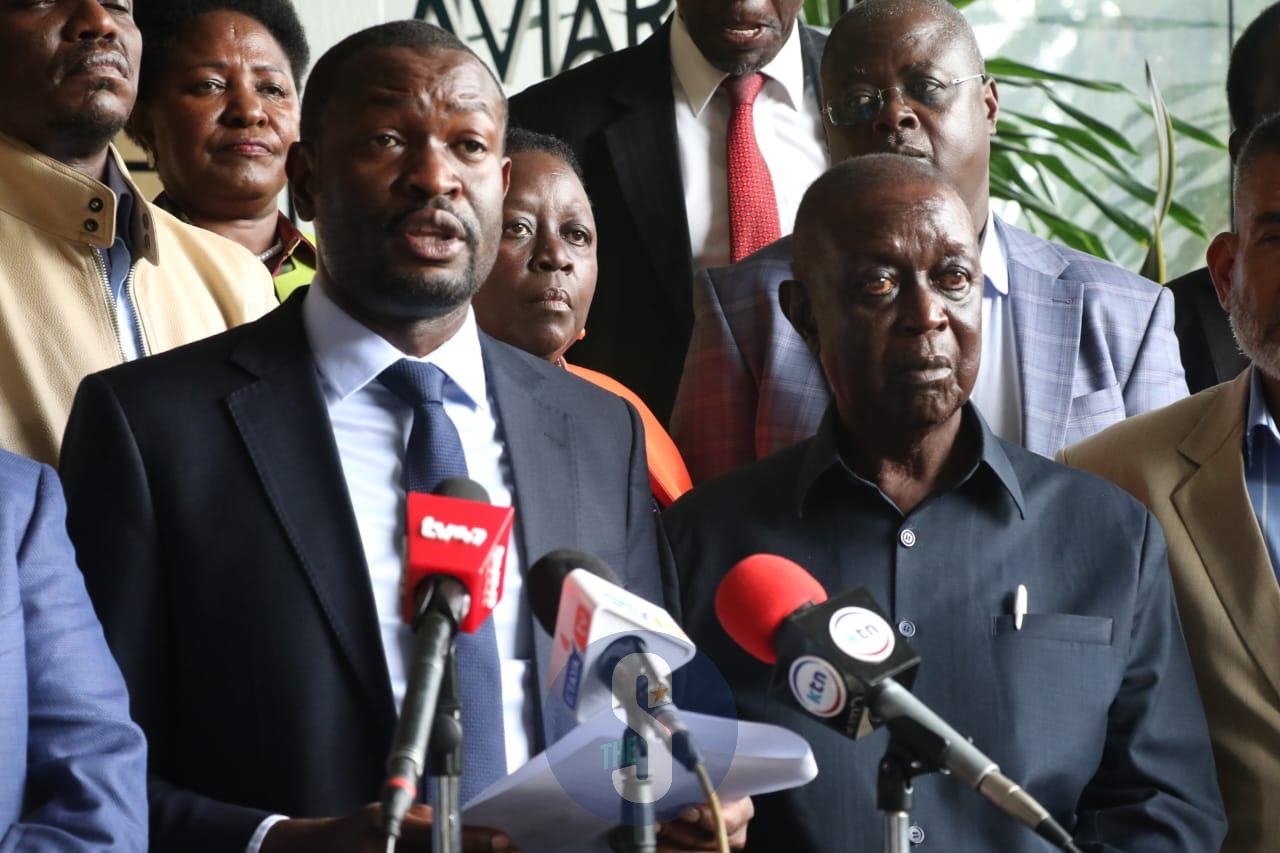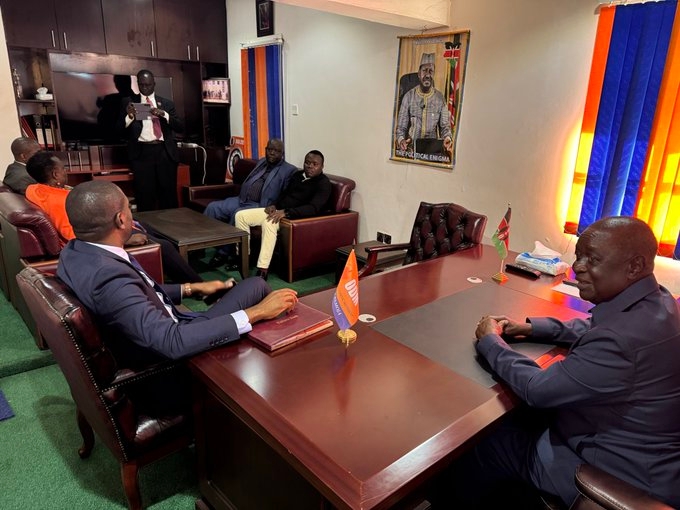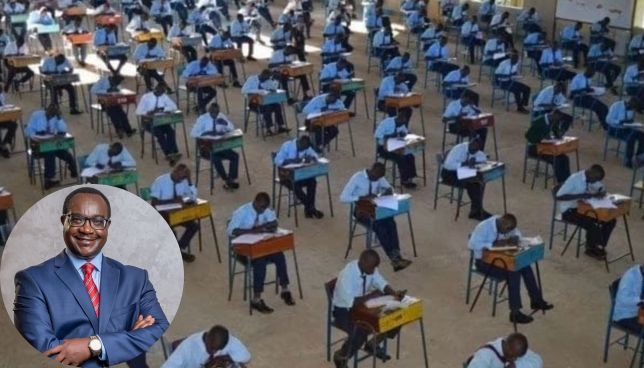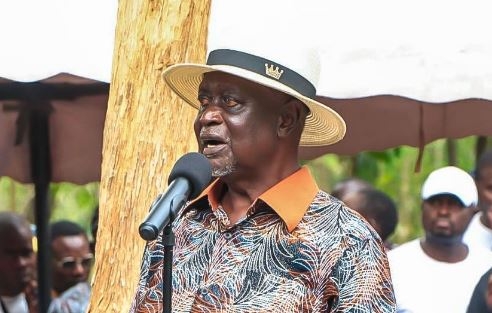It’s a long-held stereotype that women in Northern Kenya are mistreated and not accorded respect, but it’s a different narrative in Mandera.
In the county, women are the glue holding communities together and help resolve inter-clan conflicts.
Women in the county say they have for far too long sat on the sidelines as conflicts fester, yet they bear the brunt of conflicts.
They have started an initiative that brings women together and address thorny issues.
Asli Ali is a member of the women for peace initiative. She told the Star that while men are often expected to lead peace initiatives, they lack the temperament to strike a balance that eventually brings peace.
She is a vice chairperson of Mandera East Milk sellers Sacco that brings women together to engage in meaningful economic activities.
“In this Sacco, we pull each other up economically and remain united,” she said.
“The activities make women across the six clans in the county feel like they have something in common and they stand to lose if they allow fighting to continue.”
Mandera, like other pastoralist counties, experiences inter-clan clashes mostly because of pasture and water for their livestock.
The county has six local clans and a seventh one that includes people from other parts of the country living and working there.
The latest episode of ethnic clashes in the county was in December 2022, amid the biting drought, resulting in 10 deaths and numerous injuries.
At the time, the spark of the conflict was the killing of a man from the Garre tribe and a series of retaliatory attacks by his community on a Degodia village ensued.
Asli said in their Sacco, they add value to milk, making products such as yoghurt. They also engage in basket weaving, wood carving, beadwork, among other activities to empower members.
They also do table banking as part of the empowerment drive.
“It is the women who bear the pain of conflicts. When we come together from different backgrounds, including from the fighting clans, we create bonds that we leverage on to reach across the fighting sides and make peace,” Asli said.
“Men can easily start conflicts but may not have the temperament and humility to tone it down. It us women who have all the leverage over our men to tone down and give peace a chance.”
When there is a conflict, she said, they talk to their men to stop the conflict and embrace dialogue.
“It is women who suffer with their children when there are clashes here. When the house is burnt or someone in the household gets hurt, women are the caregivers and they struggle a lot. That is why we said we had enough of sitting on the fence as things heat up or conflict get out of hand,” Asli said.
“If our men become obstinate in fanning the conflicts, we even deny them conjugal rights and use that as leverage for peace.”
The county administration has supported the women by buying a coolant for the Mandera East Milk Sellers Sacco, a boiler and a milk dispenser. However, the coolant and boiler have broken down.
The peace-building initiatives involve cross-border meetings as the clans have communities in Ethiopia and Somalia.
"When a conflict breaks out, we travel across the border to preach peace and bring communities together because we are one people," Asli said.





